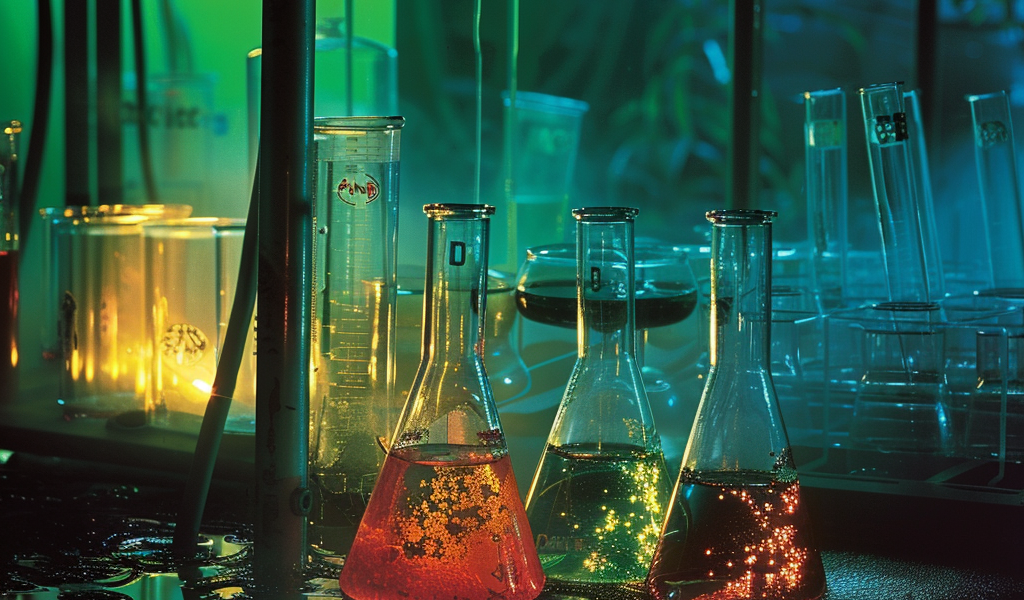One of the most important molecules in living organisms has been synthesized from scratch under everyday conditions. The finding suggests that the chemical could have formed naturally early in our planet’s history and played a role in the origins of life.
The substance in question is called pantetheine, a crucial component of acetyl coenzyme A, a “cofactor” that helps enzymes to work. Matthew Powner at University College London has shown that simple aminonitriles can be used to make pantetheine in a series of reactions starting with simple chemicals like formaldehyde. This took place in water, often at concentrations so dilute that the reaction mixtures looked like clear water.
Acetyl coenzyme A is involved in the synthesis of several biologically crucial chemicals. Some of the oldest groups of microorganisms use processes involving it to obtain carbon from the environment. Pantetheine, being the active part of the acetyl coenzyme A molecule, is found in all living organisms, making it a key organic biological cofactor.
Zachary Adam at the University of Wisconsin-Madison, who wasn’t involved in the research, emphasized the significance of the study, stating that obtaining any key organic biological cofactor from scratch would be impressive, let alone one of such central importance.





